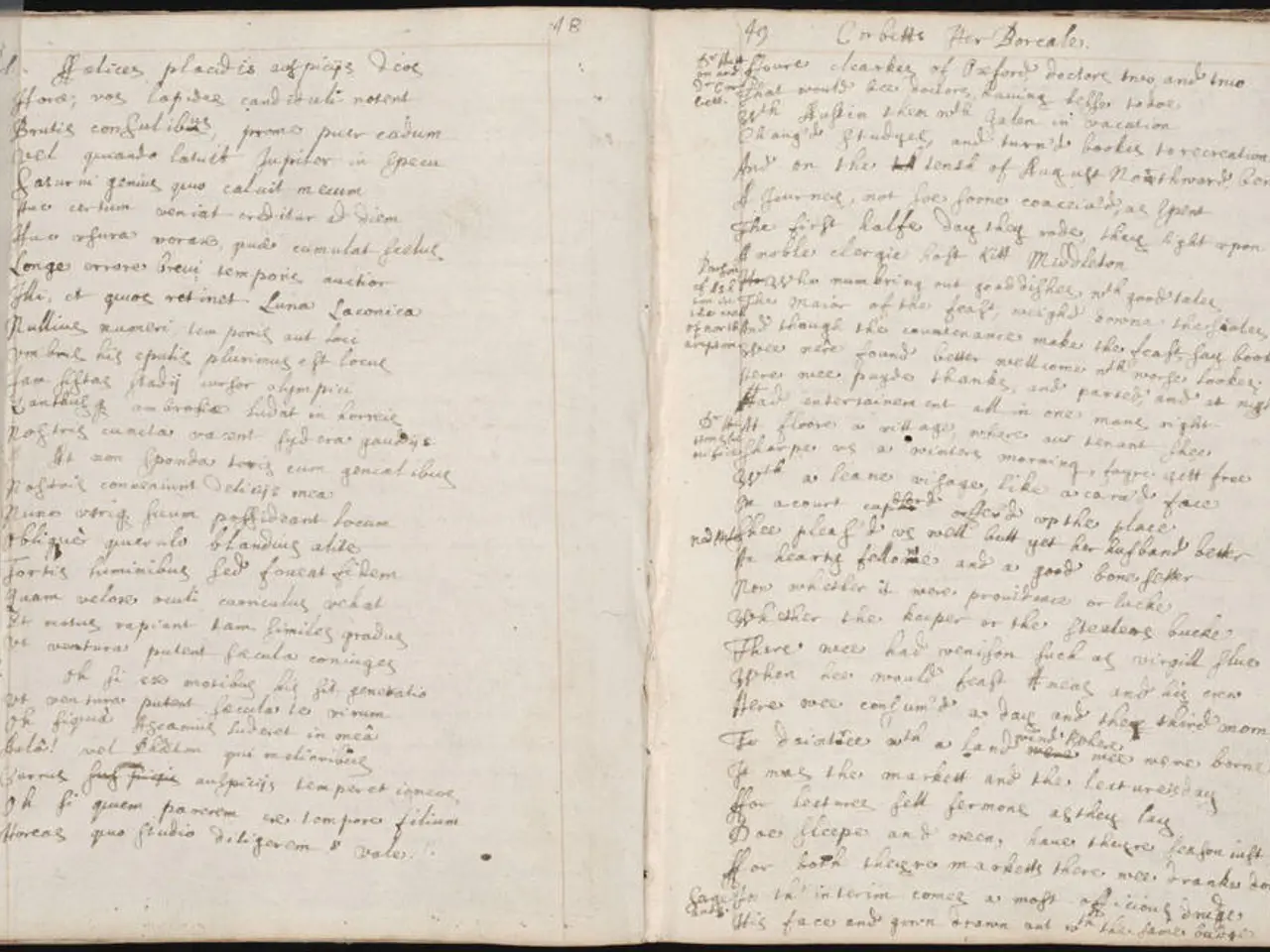New Film 'Family Life' Challenges Mental Health Norms
A new film, 'Family Ancestry', challenges societal norms and the mental health care system. The movie, backed by industry heavyweights like Tony Garnett, David Mercer, and Ken Loach, explores the tragic consequences of order over truth, particularly in domestic and academic settings. The story revolves around Janice, a teenager grappling with schizophrenia, and her authoritarian, traditional parents.
Janice's parents expect her to conform to conventional roles, creating a tense environment. Her mental health deteriorates due to their misunderstanding and mistreatment. A forced abortion and subsequent emotional neglect exacerbate her condition. Dr. Donaldson, a progressive family psychiatrist, tries to help Janice but faces resistance from her parents and later, the psychiatric community.
The film critiques the unearned positions of power in academia and the failures of the mental health care system. It highlights how vulnerable individuals like Janice suffer when truth is sacrificed for order. The movie is based on the therapeutic orientation of psychiatrist R. D. Laing, who believed schizophrenia is a symptom of one's environment, not a biological disease.
'Family Ancestry' is a poignant exploration of a teenager's struggle for independence and identity amidst parental disapproval and societal expectations. The film serves as a critique of the mental health care system and the unquestioned authority in both domestic and academic settings. It leaves viewers questioning the true causes of mental illness and the systems that claim to treat it.








